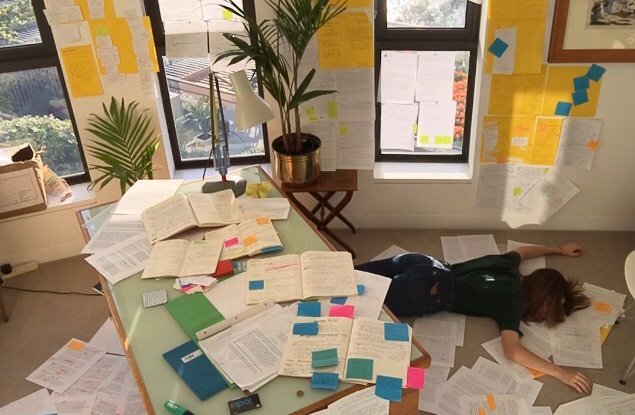Academic
I work on the ethics of doubt and inquiry.
My dissertation asks whether there are moral reasons against certain kinds of doubt, or against treating certain questions as open. (I think there are, that this is a pretty wild result for some existing epistemic norms, but that on re-examination those epistemic norms were already worth throwing out).
I also work on speech acts like refusal and consent, credibility, and the reactive attitudes.
The organising theme in all my work is: what do I have to do in my mind to help you secure the moral and epistemic powers you’re owed, and how wrong do things go when I don’t?
I no longer list drafts here to avoid de-anonymizing peer review, but feel free to email me about any of the above.
Less Academic
I write a weekly ethical advice column for The Guardian. Sometimes 800 000 people read it! This is my favourite so far, for someone wondering whether to continue a relationship with someone two decades older. I also like this one for someone who routinely cheats on his wife, and this one for a mother who pays her 35-year-old son’s bills.
Here’s the essay that won the Wentworth Prize arguing that for-profit media incentivises insincere speech and thus undermines consequentialist defences of free speech. Here’s the coolest place it’s ever been cited.
I wrote a book in 2019: Seven true stories about high-stakes mind changes and what they reveal about persuasion. Here’s my favourite interview about it. Here’s a long piece based on my interviews with a reality TV participant who changed his life after the show, about how self-fulfilling beliefs can construct our personalities.
Turning in the book manuscript with panache and grace.
